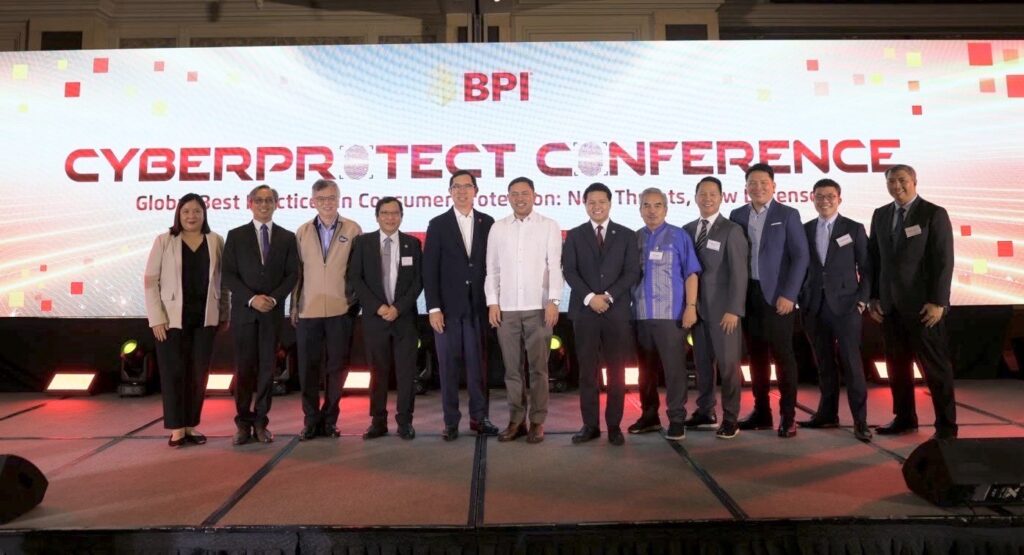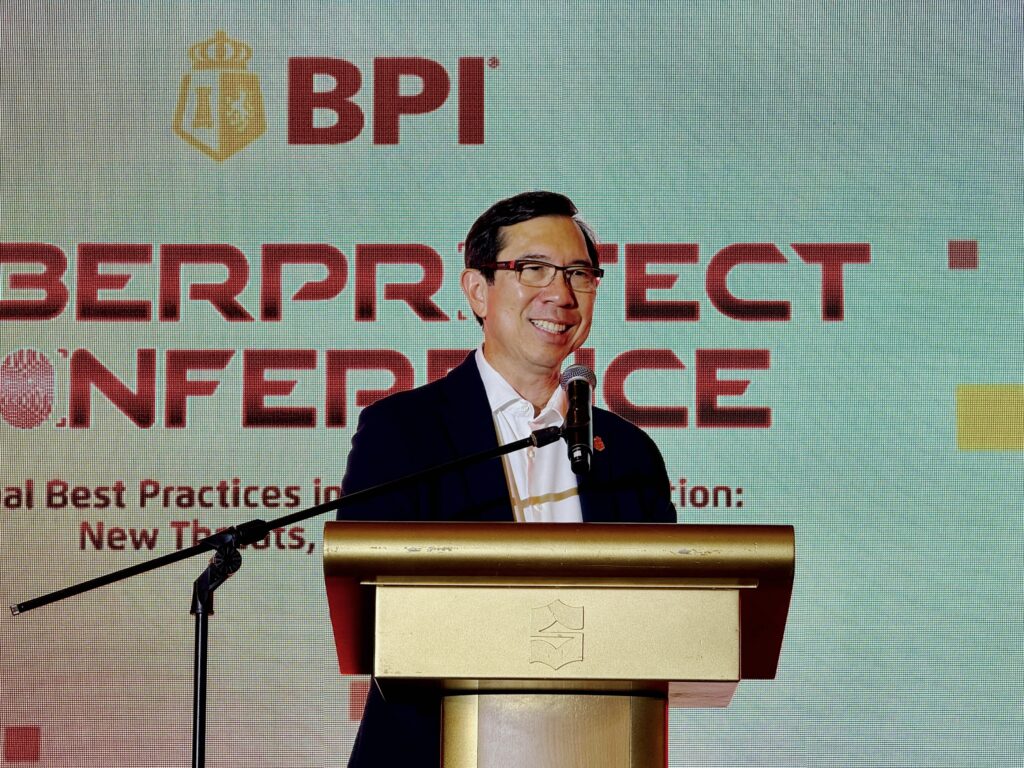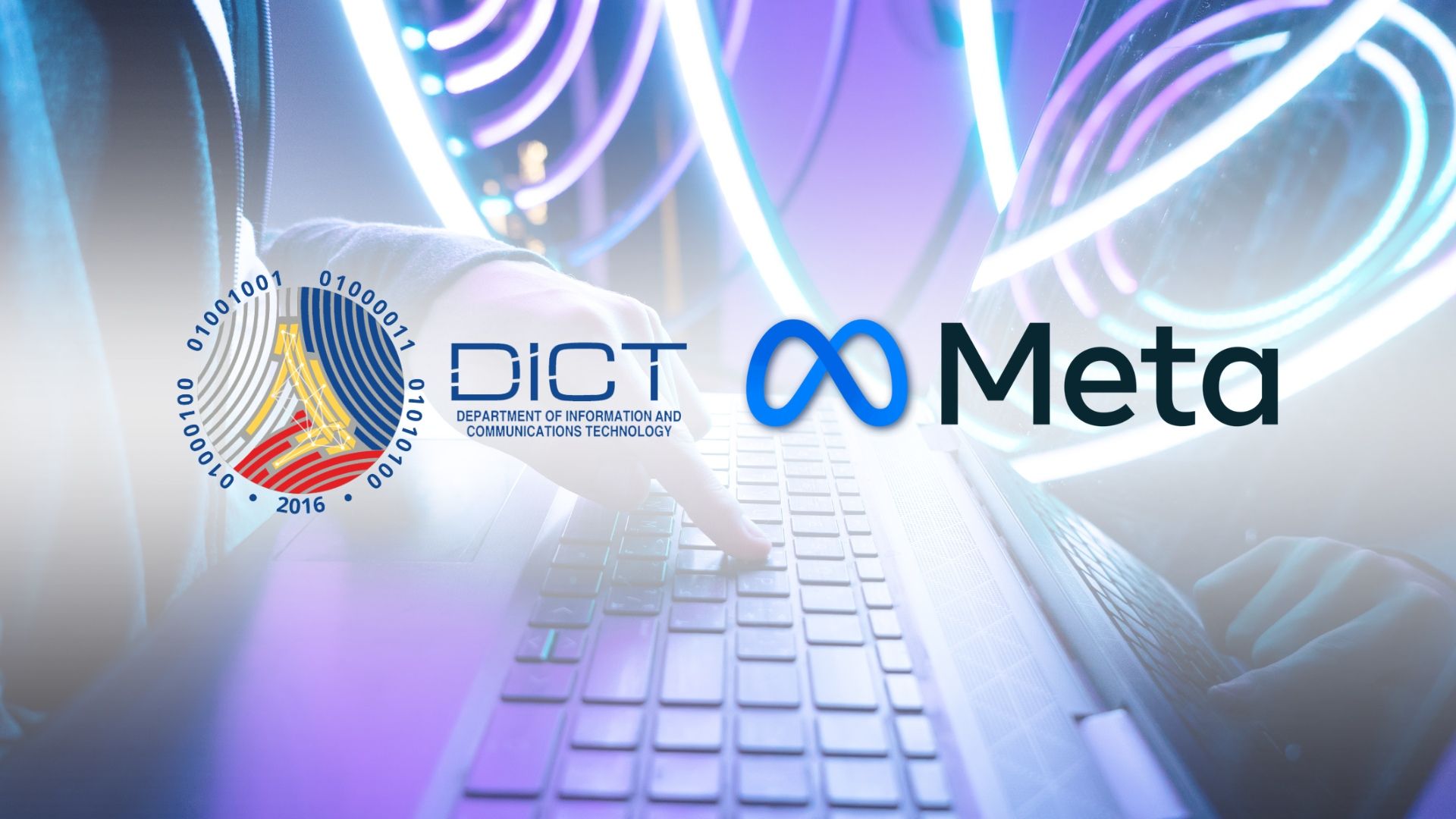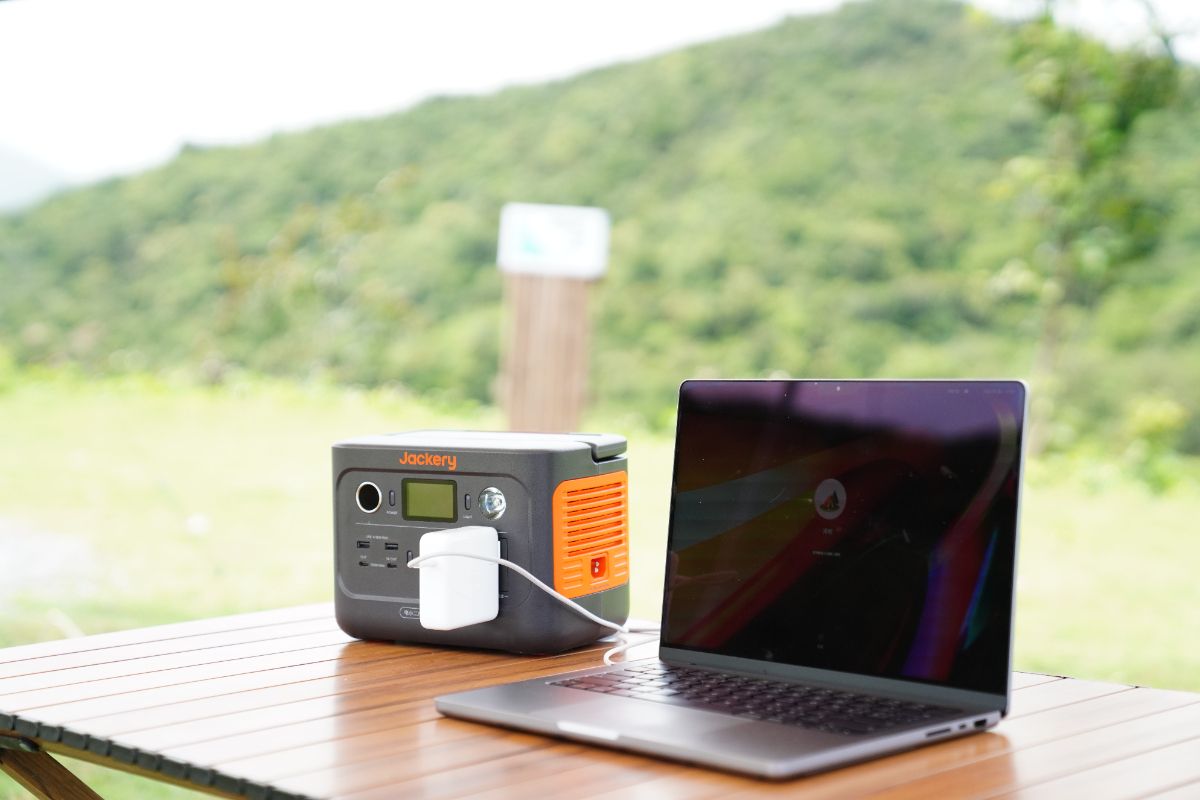Over 230 leaders from the government, private sector, and academe gathered in Makati City for the 2025 BPI CyberProtect Conference to call for stronger consumer protection and improved cybersecurity measures in the Philippines.

Why it matters: With cyber threats and financial scams on the rise, the conference emphasized the need for collective action across sectors. Participants discussed how to prevent fraud, protect digital accounts, and improve trust in online systems.
The event, organized by the Bank of the Philippine Islands (BPI), carried the theme “Global Best Practices in Consumer Protection: New Threats, New Defenses.” It served as a venue for dialogue and collaboration in defending the digital financial space, which continues to grow rapidly in the country.
President Ferdinand Marcos Jr., in a written message, highlighted cybersecurity as key to national development. He called on public and private organizations to work together in developing policies and systems that will keep digital users safe and confident.
BPI President and CEO TG Limcaoco echoed this, saying that cybersecurity is part of the bank’s responsibility to both its customers and the country.

“At BPI, we do not take this responsibility lightly. We see ourselves as partners not only to our customers but to the nation,” Limcaoco said.
BPI’s Data Protection Officer Jon Paz added that cybersecurity is not just about protecting systems, but also educating users.
“Protecting our customers goes beyond securing systems—it means empowering them with the knowledge they need to stay safe online,” Paz said.
Focus on laws, collaboration, and education
The event featured expert-led talks that explored fraud prevention, responses to online scams, and the use of new cybersecurity tools. Discussions also looked into the implementation of the Anti-Financial Account Scamming Act (AFASA), or Republic Act No. 12010, which was signed into law recently.
BSP Deputy Governor Elmore Capule, one of the speakers, said AFASA aims to stop crimes like money muling and social engineering—tactics that trick users into giving away personal or financial details. The law targets scams that use bank accounts, e-wallets, and other digital financial platforms.
“Together with our partners in government and the private sector, we are building a more robust and responsive framework to protect financial consumers,” Capule said.
Other key participants included:
- Senator Mark Villar
- Rep. Brian Poe Llamanzares, Global AI Council Chair
- AIM’s Professor Philip Kwa
- Enshored Inc.’s Engr. Pierre Tito Galla
- Secure Connections’ Dr. William Yu
- ASEAN Japan Cybersecurity Community Alliance co-founder Lito Averia
- Officials from BPI’s Public Affairs, Consumer Platforms, and Security teams
The Cybercrime Investigation and Coordinating Center (CICC) reported handling 10,004 cybercrime complaints in 2024, a sharp rise from 3,317 in 2023. Consumer fraud made up over one-third of the cases, with financial losses reaching nearly PHP198 million.
With these rising threats, the 2025 BPI CyberProtect Conference served as both a venue for sharing ideas and a call for long-term cooperation. BPI said it will continue to lead discussions, support education, and invest in security tools to help create a safer digital environment for Filipinos.
Do you think more banks and private institutions in the Philippines should host events like this to protect consumers online?
Discover more from WalasTech
Subscribe to get the latest posts sent to your email.
Get the latest from WALASTECH directly on your Google feed.
Add as a preferred source on Google





















Leave a Reply